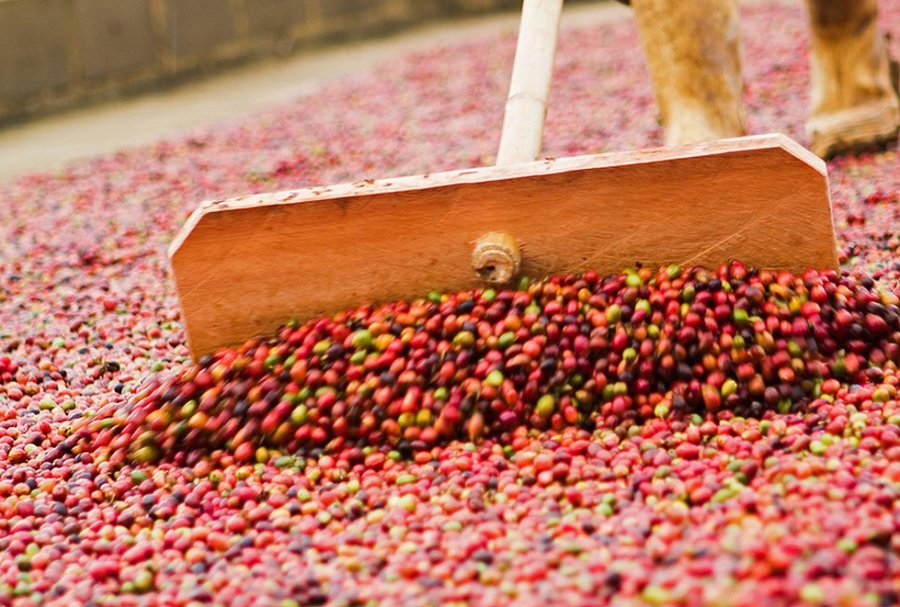RIO DE JANEIRO, BRAZIL – Global coffee prices rose 55% this year, mainly due to adverse weather in top producer Brazil. As a result, in order to resell the coffee at higher values than initially negotiated, many Colombian coffee growers ceased to make previously agreed deliveries.
“Traders are starting to default, it’s a mess. If the drought persists in Brazil, a quotation of 300 cents per pound of coffee is possible. It will be chaos,” said the operator of a global agricultural commodities trading company. He said major global roasters are considering rebranding their “Colombia single origin” coffees because of supply issues.

The pace of delivery in a major producer like Colombia could boost international prices for the bean, although the increases will be temporary, as the coffee exists and will weigh on markets once it is resold.
Colombian producers say they will deliver coffee later this year or next year, but buyers are not convinced. Many are choosing to write off losses now and register purchases as defaults, according to a trader from another global company. Buyers fear that their losses will be even greater if they decide to wait and farmers don’t deliver next year.
According to this source, several global trading companies are anticipating losses of US$8 million to US$10 million each for failing to receive the coffee they bought. Colombia’s coffee growers’ federation FNC, which represents farmers, is facing even bigger losses. The entity accounts for 20% of the 12.5 million bags of coffee Colombia exports each year.
“There were easily 1 million bags of forwards (Colombian coffee sales) made before the market began to rebound in mid-May,” the senior trader said. “If you work for a multinational (trading company), your boss will say, ‘come on, we have to take the hit.'”
At times of rising prices, delivery patterns are a major issue for commodity exporters and traders, who take short positions in the futures market to protect their physical purchases. This generates heavy losses when prices rise.
Typically, in order to offset their losses in the futures market, buyers would have the option of selling the coffee they are owed in the physical market. But in case of default, this is not possible.
FNC head Roberto Velez confirmed that Colombia is experiencing widespread default. “I can say that only a handful of Colombian exporters are not suffering (from default). All the big trading houses and also the federation, as a big exporter, are suffering (losses),” he said. “When one doesn’t deliver, the whole network is stuck, losing money.”
Traders told the agency that the federation has granted Colombian coffee growers at least one more year to deliver their coffee. The move could force the entity to request bailout funds from the government if growers fail to deliver on time.

